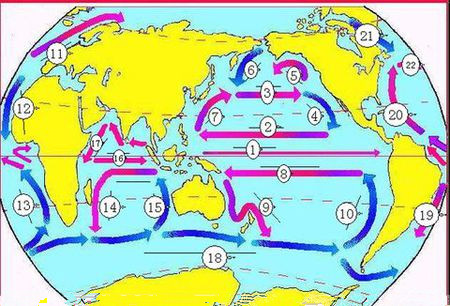In between these undertakings, he somehow found time to conduct a good deal of solid science. He became the world's foremost authority on thermodynamics and the first to elucidate the principles of the convection of fluids and the circulation of ocean currents. He also invented several useful objects, including a drip coffee maker, thermal underwear, and a type of range still known as the Rumford fireplace. In 1805, during a sojourn in France, he wooed and married Madame Lavoisier, widow of Antoine-Laurent. The marriage was not a success and they soon parted. Rumford stayed on in France, where he died, universally esteemed by all but his former wives, in 1814.

But our purpose in mentioning him here is that in 1799, during a comparatively brief interlude in London, he founded the Royal Institution, yet another of the many learned societies that popped into being all over Britain in the late eighteenth and early nineteenth centuries. For a time it was almost the only institution of standing to actively promote the young science of chemistry, and that was thanks almost entirely to a brilliant young man named Humphry Davy, who was appointed the institution's professor of chemistry shortly after its inception and rapidly gained fame as an outstanding lecturer and productive experimentalist.












